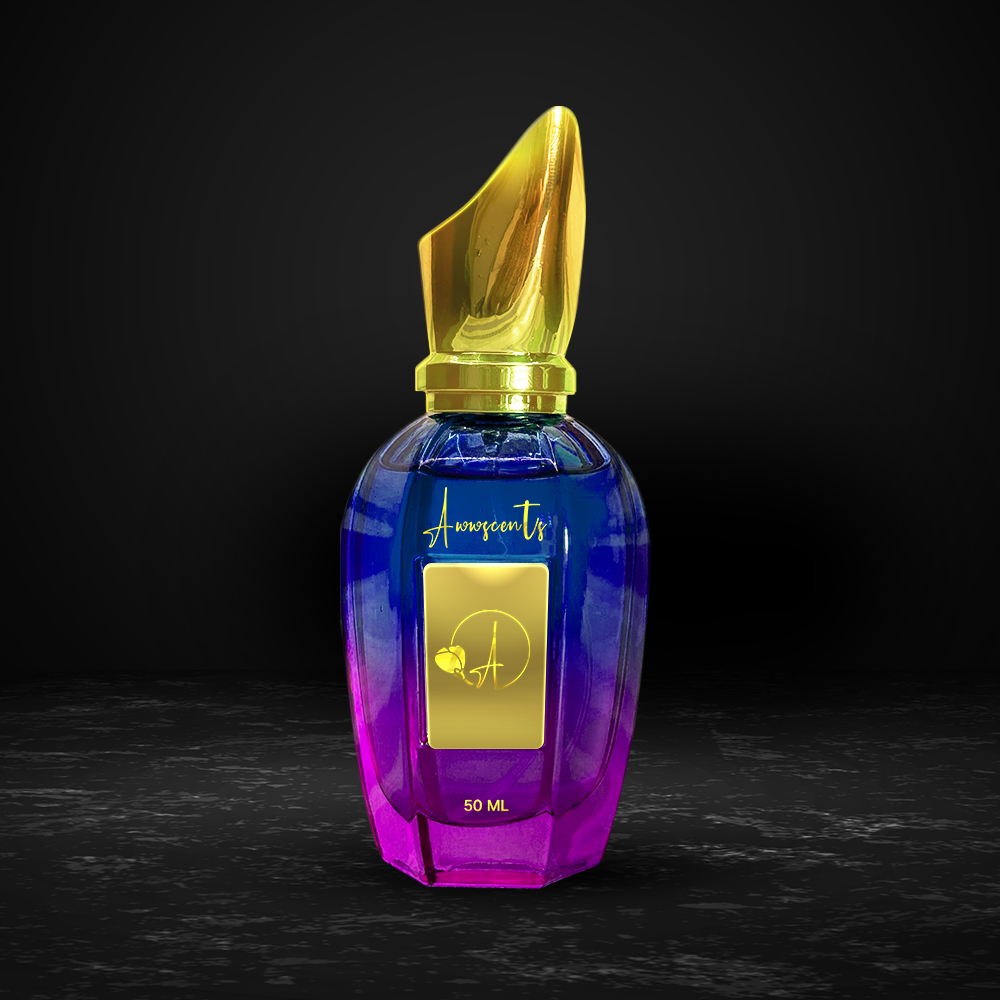Perfume Collections

It is one of – if not the – most asked question in perfumery. But, like all great questions, the answer is complicated. Here are five reasons you may not smell a fragrance for as long as you wish.

1. Olfactory fatigue: Your brain is getting “blind” to your own scent
Our nervous system – your body’s control center, has evolved to become less sensitive to recurring stimuli. Back in the day, this gave us a fighting chance to deal with all the dangers we encountered. It’s why a new scent, sight, texture, or taste heightens our interest. Our body is saying, hang on a minute, that’s new. What is it?
When it comes to scents, it means we always lose perspective. If you wear the same fragrance daily, you’re bound to think the potency has dwindled over the years, or even throughout the day. It’s why you can’t smell the scent of your home, while other people will pick up on it immediately.
The same goes for the perfume you are wearing on your neck. Your nose and brain will naturally get used to it. You may even lose the scent completely. But it’s there, just as you remember it, and other people will smell it more than you since they have not adapted to it!
If you can’t smell your perfume anymore, try to spray your fragrance on your wrists or another part of your body. The trick is distancing the location from your nose. This small modification can alter the chemistry and reignite your detection. At the very least, the change will catch you by surprise when you move around and get a fresh waft.
2. Your perfume preferences: The style of perfume you enjoy wearing will dictate its longevity
Perfumers always talk about the olfactory pyramid, and for good reason. It provides the building blocks of any good perfume. But why? I hear you ask. The pyramid represents the stages in which fragrances evolve. Most perfume ingredients are volatile, meaning they have a shelf life.
Perfumes must be constructed with volatile compounds (better known as VOC or volatile organic compounds) to be smelled and enjoyed in the first place. If they are volatile, this means your fragrance is bound to evaporate over time. Some ingredients (or molecules) evaporate quicker than others!
The most volatile are those fresh-smelling citruses, aromatic and green notes. Each ingredient has an individual lifespan – generally speaking, top notes stay on the skin for up to 30 minutes.
Heart notes – the ingredients that provide the core of any good perfume last around one to two hours. Mellow florals, spices, and some gourmand notes dominate this time frame.
Lastly, we have the base notes. These include rich scents such as woody (sandalwood, cedarwood), ambery (vanilla, labdanum, frankincense) and leather.
If you love these deeper scents, your perfume probably lasts longer than the average. Stronger scents will have a robust sillage for others to enjoy (or hate!). It is common for these notes to last all day, at the very least, a few hours.
On the contrary, if you favor fresh, citrusy, and floral notes, you’ll find your fragrance lasts less, and you will need to re-spray throughout the day to continue enjoying your fragrance.
Each of these categories of notes comes with its olfactory characteristics, which is very much down to personal preferences. Your skin chemistry also plays a significant part in how each ingredient behaves and how long it lasts. Very dry or oily skin can dampen the longevity of any fragrance, no matter the notes.
3. Extract vs Eau de parfum vs Eau de toilette: Choose concentration
Buying a stronger concentration is an easy way to make your perfume last longer.
Confusing an Extract with an Eau de toilette will leave you bitterly disappointed. But what’s the difference again?
Your perfume is predominantly a mixture of two things – fragrance concentrate + alcohol.
Alcohol is unscented, while the “concentrate” is. It contains all the ingredients in their purest form. The more “concentrate” you have in a perfume, the more scented and long-lasting it will be. Most perfumes are sold as one of the following. All EPC perfumes are highly concentrated Eau de Parfum leaning towards an extract!
Eau de toilette is the least concentrated = typically around 10-12%
Eau de parfum is more concentrated and usually one of the best choice = typically 20-25%
Extract is the most concentrated = typically, over 25%
While the choice of one of the above formats will have an impact on longevity, it also has an impact on the price you pay. Concentration is the main expense. Sometimes, the price tag can be eye-watering. By contrast, an EdT is the least pricey. EdPs fall in the middle, so most people (and perfumers) prefer Eau de Parfums.